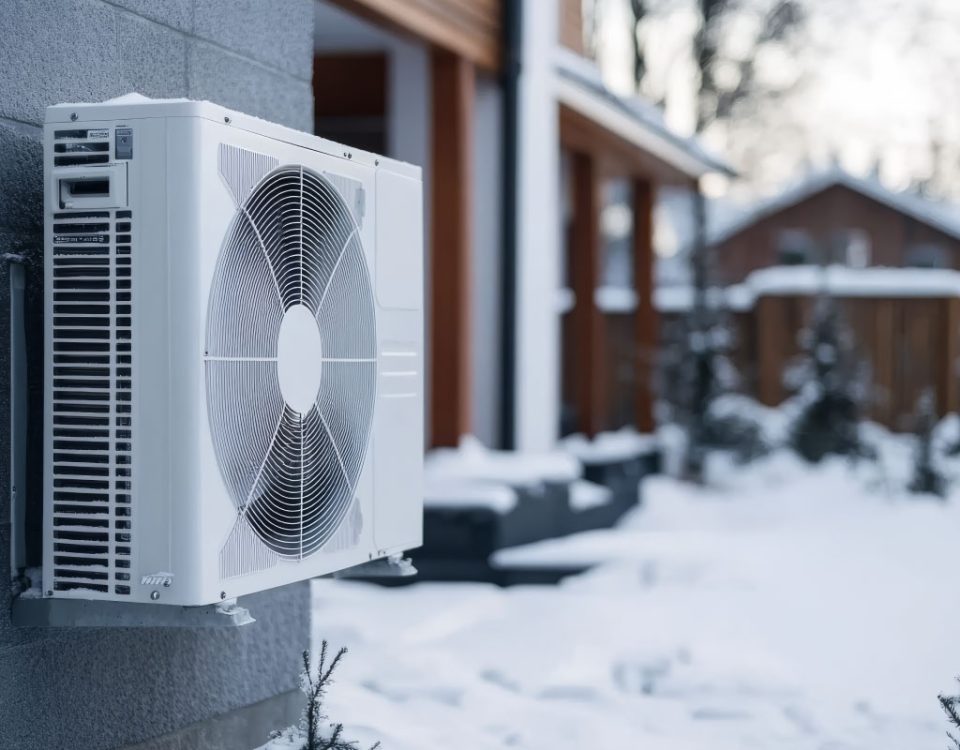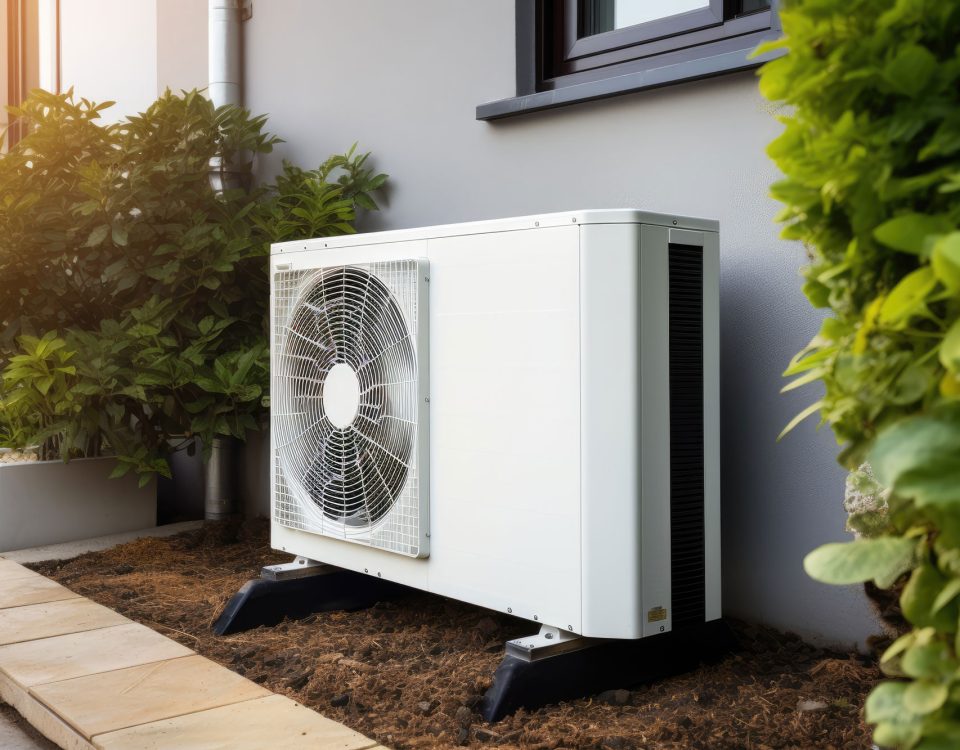What Causes Condensation on Air Conditioners?
Air conditioner condensation is a common issue that many homeowners face, especially during the hot summer months. Understanding why condensation occurs on your AC unit and knowing how to address it can prevent potential damage and maintain the efficiency of your system. In this guide, we will explore the causes of condensation on air conditioners and provide insights on how to manage it effectively.
Why Does Air Conditioner Condensation Occur?
Air conditioner condensation happens when the warm air inside your home meets the cold surfaces of the air conditioning system. As the warm air cools, it loses its ability to hold moisture, which then condenses on the cold surfaces.
This process is like what happens when you see water droplets on a cold drink on a hot day. The condensate line in the air conditioner is designed to manage this moisture, but problems can arise if the line becomes clogged or damaged.
Water in Your AC Unit: What Does It Mean?
Finding water in your AC unit can be alarming, but it’s usually a sign that your system is working as expected. However, excessive water or leakage can indicate a problem. This water is typically collected in the air conditioning condensate drain pan and should be routed away via the condensate line. If the line is blocked or the pan overflows, you might notice water accumulating inside your unit.
Regular maintenance of the air conditioning line can prevent these issues and ensure efficient drainage.
AC Units Inside: Managing Indoor Condensation
For AC units installed inside the home, managing condensation is crucial to avoid water damage and maintain indoor air quality.
Condensation on furnace components, for instance, can lead to rust and deterioration if not addressed promptly. If you notice your furnace leaking water in summer, it’s likely related to the air conditioner’s condensate drainage system.
Ensuring that your air conditioner condensate drain is clear and functioning correctly can prevent water buildup and potential damage.
The Role of the Air Conditioner Box
The air conditioner box, or the casing of the AC unit, plays a vital role in managing condensation. Proper insulation and sealing of the box prevent warm air from entering and meeting cold surfaces inside the unit. This reduces the likelihood of condensation forming.
Additionally, the air conditioning condensate drain system should be checked regularly to ensure that it effectively removes any moisture that does form.
Preventing Issues with AC Condensate Drainage
Effective ac condensate drainage is essential for the longevity and efficiency of your air conditioning system. Regularly inspecting and cleaning the condensate line can prevent clogs and backups that lead to water leakage.
If you notice water pooling around your unit or unusual dampness, it’s important to address it immediately to prevent further issues. Ensuring that the air conditioner condensate drain is free of obstructions will help maintain a dry and efficient system.
Keep Your AC Running Smoothly
Understanding the causes of air conditioner condensation and taking proactive steps to manage it can save you from costly repairs and ensure your system runs efficiently.
Regular maintenance, including checking the air conditioning condensate drain and ensuring proper insulation, is key. If you’re experiencing issues with condensation or need professional assistance, contact Crystal Heating and Cooling at 519-756-6888 for expert HVAC services.
Keep your AC unit running smoothly and your home comfortable all year round.






